1, July 2022
Brasaf launches first beer in Cameroon 0
Brasseries Samuel Foyou (Brasaf) announced the launch of its first beer in Cameroon. The drink will contain 75% malt and 25% corn.
“In a competitive brewing sector, this alcoholic beverage, which stands out from the others with its quality and packaging, will be officially presented to the public on June 30 in […] Douala,” the company said in a statement. Brasaf says it wants to be a game-changer. The new beer will be marketed in PET bottles (plastic) of 0.65cl and 0.33cl with an alcohol content of 5.1%. The brewing company promises attractive prices to the population. In addition to beer, Brasaf plans to launch “Krystal Drink”, a range of soft drinks presented as low in sugar and gas.
As a reminder, the creation and operation of Brasaf was announced 8 years ago. The owner, Samuel Foyou, who already owns a distillery (Fermencam), filed deeds of creation on July 10, 2014, with a notary in Douala. At the time, the company was created with a share capital of CFA100 million. Eight years later, the brewing company became the fourth of its kind alongside SABC Group (Castel), Guinness Cameroon (Diageo), and the Cameroonian Union of Breweries (UCB).
Let’s note that Samuel Foyou, who made his fortune through commercial activities in Congo and Angola, also owns Unalor, a match production company bought from the Fotso group in 2009, Plasticam, Sotrasel (kitchen salt production), Biscuiterie Samuel Foyou (BSF), and the Moore Paragon printing company.
Source: Business in Cameroon
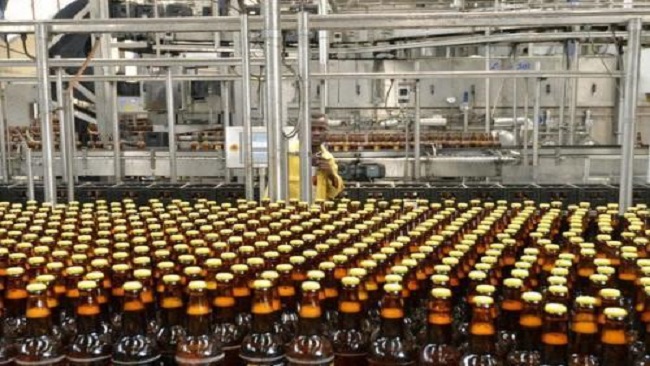
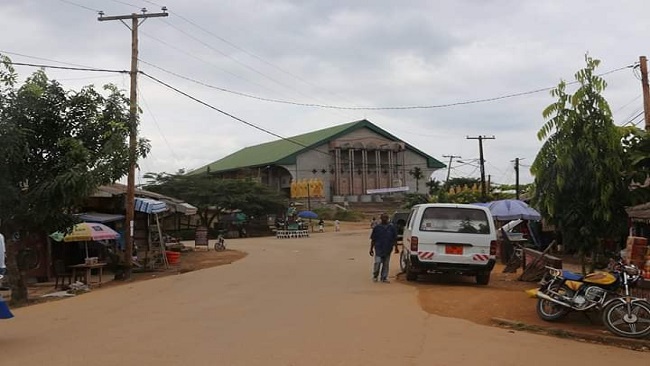


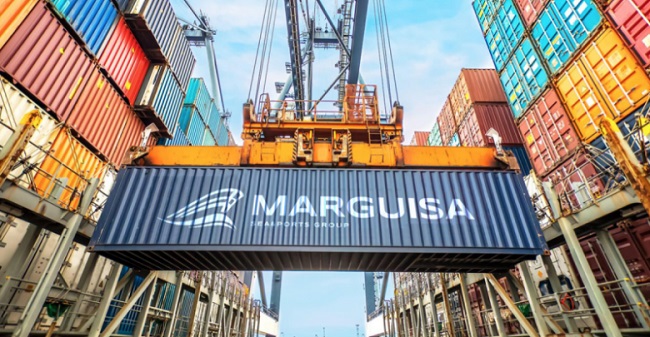

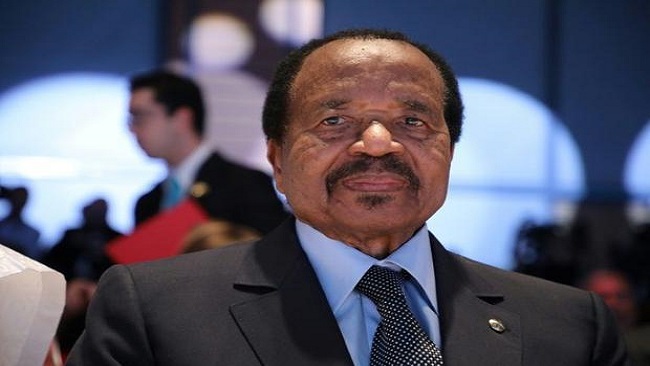
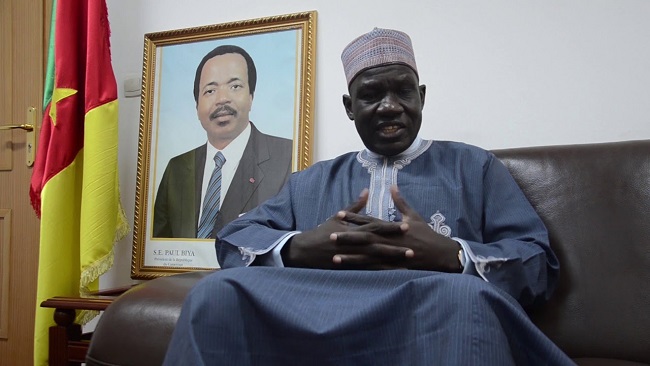
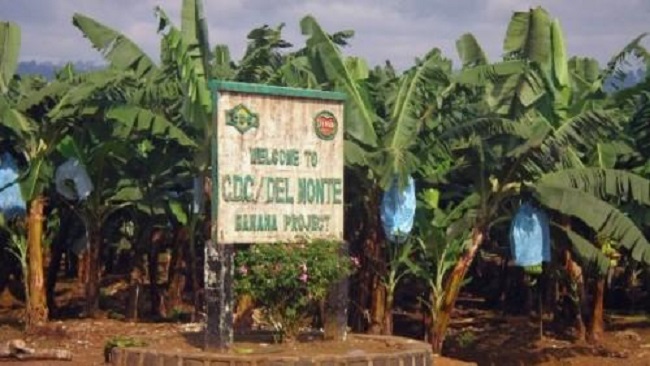

















6, July 2022
IMF team visits Cameroon, says outlook is clouded with considerable uncertainty! 0
An IMF team was recently in Cameroon to share economic perspectives with the country’s authorities. As part of the visit, the IMF team reached a staff-level agreement with the country’s authorities on the economic and financial policies which could support the approval of the Second Review of the program under the ECF and EFF arrangements. The agreement is subject to approval of the IMF Executive Board in late July 2022, which would enable the disbursement of SDR 55.2 million (about US$73.6 million).
According to the IMF, economic growth slowed to 0.5 percent in 2020 affected by the COVID-19 pandemic and security tensions in the region. Growth rebounded in 2021 and reached 3.6 percent for the year, supported by a domestic recovery and the general global economic recovery. Inflation for the year averaged 2.3 percent and the current account deficit (including grants) widened to 4.0 percent of GDP.
According to the global development finance institution, Cameroon’s economic outlook for 2022 remains positive and the economy is expected to grow by 3.8 percent. However, the outlook is clouded with considerable uncertainty arising from the sharp increase in international commodity prices—especially for oil, fertilizer, and foodstuffs—accentuated by the war in Ukraine, and tightening conditions in international financial markets. Average inflation is expected to rise to 4.6 percent, while higher oil export receipts should further improve the current account deficit to 2.1 percent of GDP. The authorities are committed to a fiscal policy anchored on a gradual reduction of the deficit and are revising the budget to maintain the deficit (cash basis, including grants) at 2.5 percent of GDP—much the same as in the original budget. This should bring the stock of public debt down to around 44 percent of GDP by end-2022.
It added that the impact of higher international oil prices on the budget is mixed as the higher oil revenues are more than offset by substantially higher fuel subsidies (estimated at 2.9 percent of GDP from 0.5 percent in 2021) aimed at maintaining the administered retail fuel prices unchanged. The higher subsidy costs are therefore being accommodated by reducing other spending, including spending on investment projects. The high cost of fuel subsidies would be difficult to sustain under current international oil price projections. However, the gradual phasing out of fuel subsidies would need to be accompanied by a substantial scaling-up of the social cash transfer mechanism.
The team shared the authorities’ concern with the rise in food prices and welcomed the authorities’ effort to ensuring adequate supplies of fertilizer so that the next harvest will be plentiful.
Also, the medium-term outlook remains positive, though facing considerable uncertainties. The economic strategy remains focused on rebuilding fiscal and external buffers to sustain macroeconomic stability. At the same time, the pace of structural reform needs to be accelerated for the country to meet its development goals. The business environment needs to be improved for the private sector to take the lead role in supporting growth. The team welcomed the authorities’ continued efforts to improve public financial management and governance, including the accountability of budget execution. The team also welcomed the authorities’ efforts to strengthen the financial management of state enterprises, including recent progress on SONARA’s restructuring. The completion of key infrastructure projects, especially for energy and transport, should boost economic growth and support the replacement of imported with domestically produced goods.
The IMF team acknowledged the authorities’ commitment to implementing policies consistent with the stability of the region’s monetary arrangement, which includes rebuilding foreign exchange reserves at the Bank of Central African States (BEAC). To this end, the authorities are working to strengthen compliance with the foreign exchange regulations notably regarding the repatriation of export earnings, while not impeding legitimate payments overseas.
By Rita Akana in Yaounde